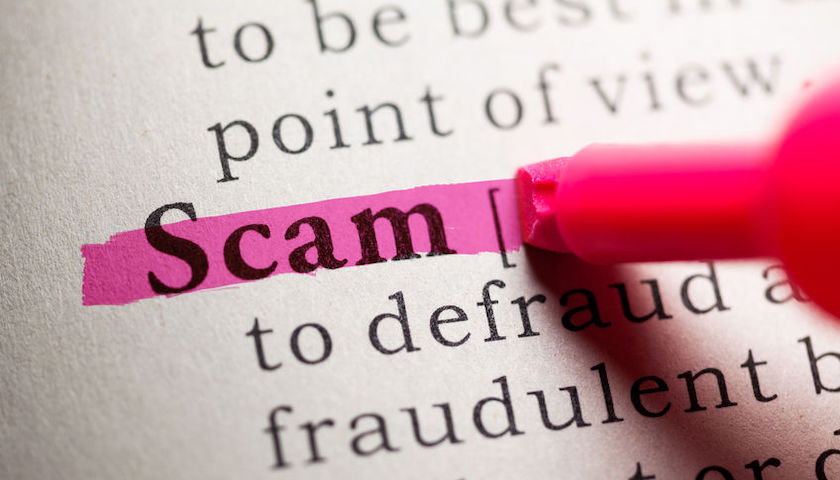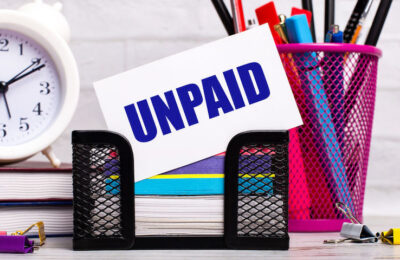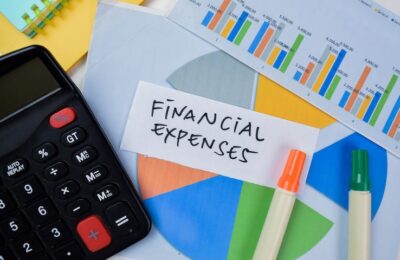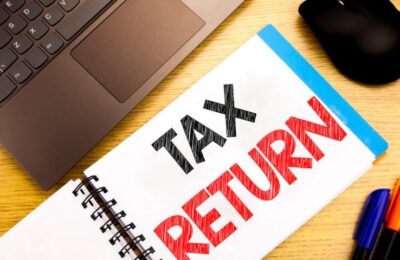HMRC continues to clamp down on unpaid dividend tax. It regularly writes to company directors it believes may be taking dividends without declaring them.
ICAEW has published a copy of the letter than HMRC is sending out. The opening paragraph explains why the taxman believes dividends may have been undeclared.
Our records show that the accounts for [Company Name] declared profits of [amount]. However, they showed a large drop in the profit and loss reserves for the accounting period ending [date]. This normally means shareholders have received a distribution or dividend. Please check your Self Assessment returns to make sure you’ve declared any income from share distributions and dividends. If you have not done this, you may owe tax.
In other words, HMRC is targeting profit-making companies that have depleted reserves.
What to do if you have unpaid dividend tax
Whether or not you receive a letter from HMRC, it’s important to make sure you disclose and pay tax on any dividends.
If you have undeclared dividends, you need to notify HMRC using this online service. The taxman will then write to you with a payment reference number (PRN).
Once you have the PRN, you have 90 days to use the same online service to declare and pay any dividend income, plus any interest or penalties.
What to do if you have no dividends to declare
If you don’t have dividends to declare, you still need to contact HMRC. You can either call on 0300 123 0998 or email ISBC.OnshoreDisclosures@hmrc.gov.uk. If you fail to get in touch, you risk HMRC opening a compliance check. This could lead to higher penalties if you do in fact have unpaid dividend tax.
What are the penalties for unpaid dividend tax?
If you don’t tell HMRC about income, you can be penalised by up to 100% of the dividend tax you owe. You’ll also pay interest on late payments.
What about dividend income in ISAs?
If you get dividend income for assets held in ISAs, these remain tax free.
What are the dividend tax thresholds?
In recent years, the tax-free allowance for dividend income has shrunk significantly. During the tax year 2016 to 2017, you could take £5,000 in dividends without paying tax. In 2018 to 2019, this threshold was cut to £2,000. For 2023 to 2024, it was reduced further to £1,000. In April 2024, this will halve to £500.
The amount of dividend tax you pay over the allowance depends on your Income Tax band. If you are a basic rate taxpayer, the tax rate is 8.75%. For higher rate taxpayers it’s 33.75%. Additional rate taxpayers pay 39.35%.
It’s also worth remembering that you don’t pay tax on any dividend income that falls within your personal Income Tax allowance. This is currently £12,570.
Can THP help me with dividend income?
Yes, if you are a THP client, we can help you correctly declare and pay tax on dividend income. We can also advise you on the most tax-efficient ways to extract income from your business. Even if you have declared and paid all relevant taxes, it’s worth noting that HMRC can open a tax investigation at any time. To help mitigate the financial impact of any future investigation, we strongly recommend that you take advantage of our Tax Investigation Fee Protection Service.
About Karen Jones
Having worked for one of the world’s largest accountancy firms, Karen Jones uses her tax knowledge and skills to help clients obtain substantial reductions to their tax liabilities.
With an expanding portfolio of tax clients, Karen enjoys the variety her work brings her and particularly likes working with new businesses and people. With a growing number of tax clients, she frequently faces a variety of challenges and relishes the experience she gains as she solves them.
Karen likes the THP ethos: “I like the way the team has a professional, but friendly and down-to-earth approach – it creates a productive atmosphere that benefits everyone.”
Karen’s specialist skills:
- Personal Taxation
- Tax Efficient Planning
- Trust Administration












